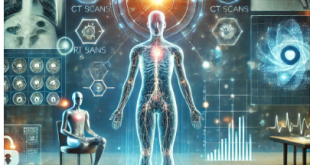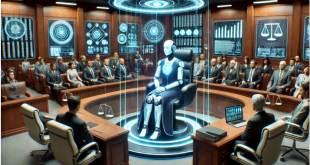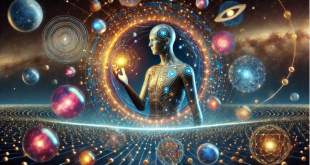Will AI Replace Scientists?
The advent of Artificial Intelligence (AI) has triggered significant changes in various industries. While it has been used to automate routine tasks, AI has also helped to make breakthroughs in healthcare and engineering, among others. But with AI systems that can carry out complex tasks such as processing large datasets or even making hypotheses, a great question is: Will AI replace scientists?
The short answer is: not at all, but it will change their role. Let‘s dive into why.
What AI Can Do in Science
AI is great at processing data, recognizing patterns, and making predictions. Here’s how AI is already changing scientific fields:
Data Analysis at Scale
In genomics, climate science, and astrophysics, researchers face massive datasets. AI tools can analyze these faster and more accurately than humans, spotting trends or anomalies that might otherwise go unnoticed.
Simulations and Modeling
AI-based simulations allow scientists to test hypotheses without necessarily going through very costly or time-consuming experiments. For instance, AI models reproduce the interaction of drugs from years of research into simply months.
Generation of Hypotheses
AI like IBM‘s Watson can generate hypotheses when scouring scientific literature with large volumes. It can introduce novel research avenues that are sometimes not seen as a person could, making it one great brainstorming partner.
Automation of Experiments
Robotics integrated with AI can conduct experiments autonomously, adjusting variables in real-time based on results. This is particularly impactful in chemistry and material sciences.
What AI Cannot Do (Yet)
Despite its prowess, AI has inherent limitations:
Creativity and Intuition
Science often progresses through leaps of imagination—Einstein’s theory of relativity or Darwin’s theory of evolution weren’t derived from data alone. AI lacks the intuition and creativity to formulate groundbreaking ideas.
Ethical Judgment
AI cannot evaluate the larger ethical dimensions of its discoveries or choose which scientific questions are most significant to humanity. These take human values, empathy, and foresight.
Interdisciplinary Links
AI can crunch numbers inside domains but cannot make interdisciplinary connections in the same way a human scientist can. Some of the most groundbreaking discoveries – for example, CRISPR gene-editing – come at the intersection of different fields.
A Future of Cooperation
Rather than replacing scientists, AI is poised to be their ultimate collaborator. Here is how this partnership is materializing:
Boosted Productivity
Scientists can then concentrate on designing experiments and interpreting their results while relegating menial, data-intensive tasks to AI.
Accelerated Discoveries
AI-powered tools hasten discoveries in critical domains such as renewable energy as well as disease eradication while allowing AI to handle preliminary stages of research.
Democratization of Science
This would mean that AI could allow for complex tools to be utilized by non-experts and opens up scientific exploration to more people, allowing citizen science initiatives.
The Obstacles in the Coexistence of AI
The integration of AI in scientific research is not without obstacles. These include:
Bias in AI Models
Trained on flawed or incomplete data, AI might reproduce flaws or biases in scientific findings.
Overreliance on Automation
Relying too much on AI might suppress human creativity or lead to skill atrophy in fundamental areas of science.
Ethical Considerations
Who is responsible when an AI system fails in a critical scientific domain, such as medicine or climate modeling? These are ethical questions that need to be answered.
Conclusion
AI will not replace scientists but redefine what it means to be one. While AI does the heavy lifting of data and routine tasks, scientists will focus on creativity, ethical considerations, and interdisciplinary insights that no algorithm can replicate.
The question now is not whether AI will replace scientists but how they can work together to explore the frontiers of human knowledge.


